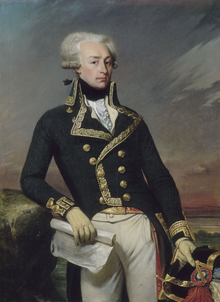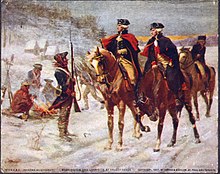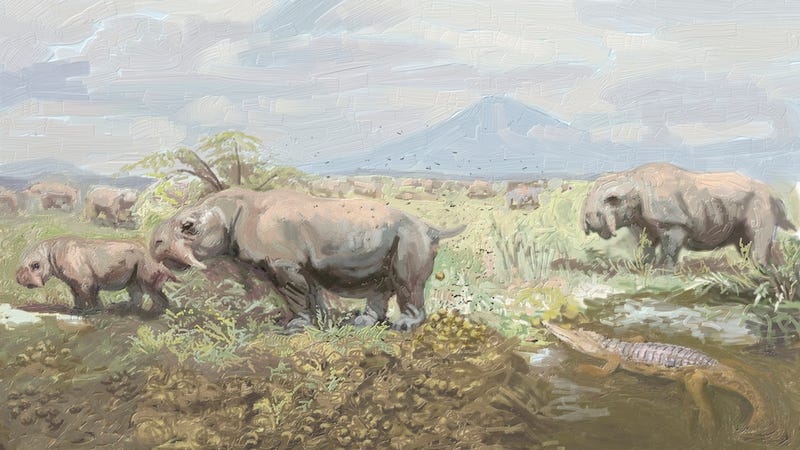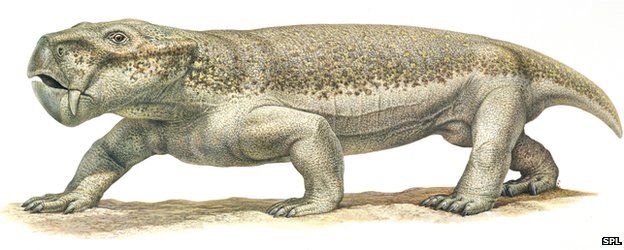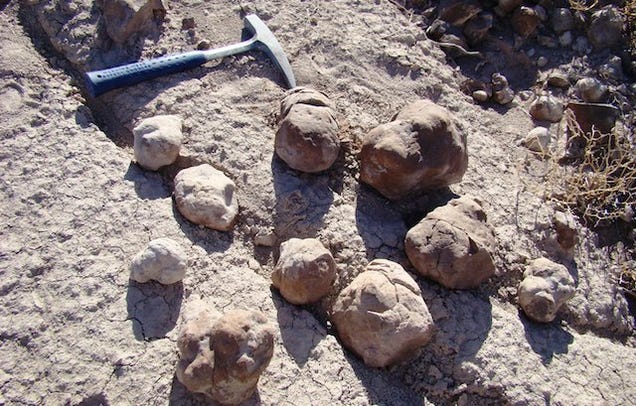Specifically, it put me in mind of her comments to coal workers about the taxpayers funding their pensions and other benefits after saying "We're Going to Put a Lot of Coal Miners and Coal Companies Out of Business".
I sit on a man's back, choking him and making him carry me, and yet assure myself and others that I am very sorry for him and wish to ease his lot by all possible means - except by getting off his back.
~ Tolstoy (What Then Must We Do?, Ch. 16)
September 9 is the anniversary of the birth of Russian novelist and philosopher Count Lev (Leo) Nikolayevich Tolstoy (wiki) (1828-1910) in the province of Tula. Educated in Kazan, Tolstoy entered the army and served with distinction in the Crimean War (wiki) (1854-1856), after which he retired to his estates to devote himself to study and writing. In 1861, he freed his serfs, but in 1876 underwent a spiritual crisis in which he renounced his Russian Orthodox faith in favor of an individual Christianity that emphasized human brother-hood and non-resistance to evil.
Tolstoy wrote prolifically, and in his masterpiece, War and Peace (1866), set during the Napoleonic era, he developed his theories about the inexorability of history in proceeding to its own ends. Later in life, his unconventional beliefs could have brought him into sharp conflict with the czarist authorities, but although he was excommunicated in 1901, his international following protected him from police interference. In Anna Karenina (1875-77), he wrote famously,
"All happy families resemble each other, but each unhappy family is unhappy in its own way."
Related posts:
